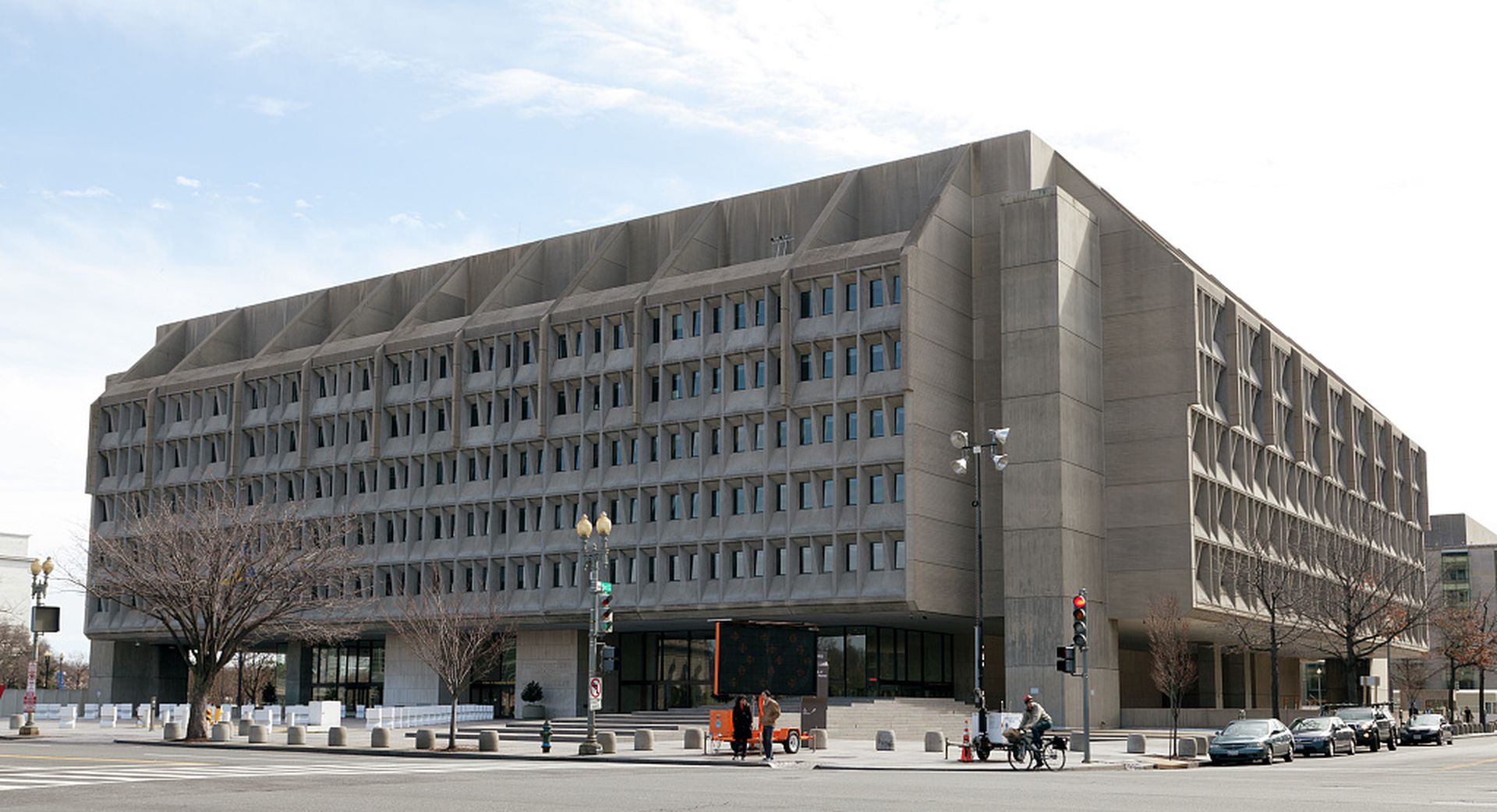If Hollywood doesn’t make movie out of the Apple vs. FBI debate, someone is missing the boat. As proven by the recent Oscar winners, “Spotlight” and “The Big Short,” audiences eat up controversial subjects, especially when the impact of the controversy affects them or loved ones. Apple vs. the FBI is not, by most equations, as monumental as the global economic crisis of 2008-2009 or the abuse scandal of the Catholic Church, but it has gotten a rise out of the public, law enforcement, and security and privacy advocates across the globe. It has brought into question the matter of how much control users have over their personal data, and how much technology providers can and should be doing to protect customers’ right to privacy; everyone involved is taking this matter very, very personally.
Data ownership and access, as it pertains to Apple vs. the FBI, has created a public outcry, with some on the side of the law arguing that “we can’t let the terrorists win,” and others on the side of Apple, fighting the good privacy fight. It’s become contentious, almost a political battle between opposing factions. In the last few days, after the FBI publicly announced it was able to crack the iPhone with help from a private technology company (not Apple), conversations have shifted.
Mainstream media has begun to declare victory on the FBI’s side, with headlines exclaiming, “The Showdown Between the FBI and Apple Ends!” Some have gone so far as saying Apple probably regrets its decision, or saying the company might feel “silly” for blocking the court order.
Nothing could be farther from the truth. On either count. For one thing, the FBI wasn’t really after the data on Farook’s phone; the bureau knew all along it could source help if it wanted. And as Dave Kennedy (@HackingDave) so aptly put it yesterday morning, “Apple, amongst everyone else, does not have an impenetrable device or product…No surprises there.”
On the second point, whether or not Apple regrets its decision – no. Decidedly no. This case wasn’t about aiding and abetting terrorists (we’re regressing into the FUD the security community has long fought to leave behind) or blocking law enforcement from doing its job (Apple, like the FBI, knew law enforcement had the resources within reach and didn’t need Apple to force engineers to create a backdoor). The technology company wasn’t fighting because Tim Cook thought, even for one second, that no one on the planet could exploit his company’s product(s); the idea that Apple now looks “silly” is…well, silly.
Just beat it!
This case was about precedent and the FBI exerting control over a technology innovator that wants to stand behind its products and provide as much security for its customers as possible. Apple has, in plain fact, cooperated with many court orders to help law enforcement in the past. This particular struggle was about the FBI putting pressure on private enterprise to further a cause they’ve argued for many years: backdoors in private sector technology products make it easier for law enforcement to gather data from one place than from several.
To all who think this was the knockout punch? Not over, by a long shot. The Department of Justice is still pursuing a similar case in New York, and it will likely continue to find cases in which Apple would have to create a vulnerability in its own products to make it easier on law enforcement (and the criminals, too). The fight is about principle, and it’s far from over.



